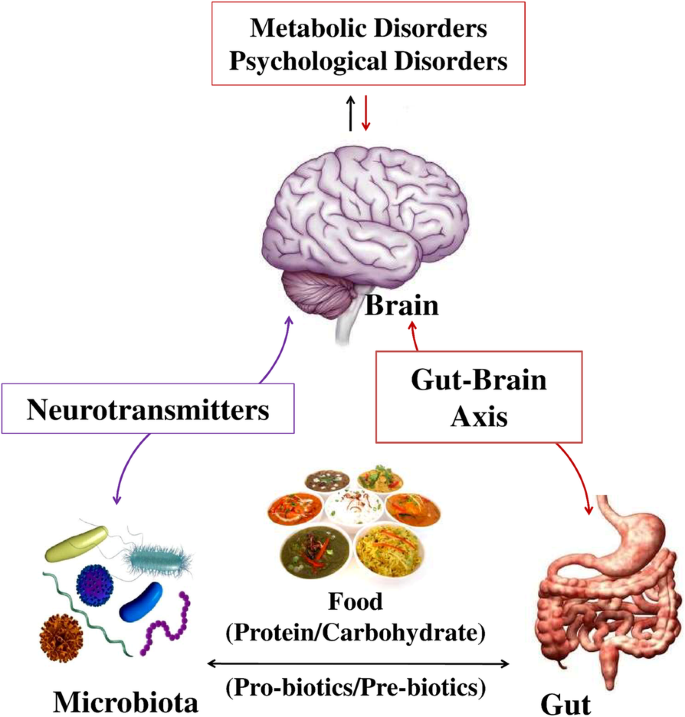Dementia is a complex and progressive neurocognitive syndrome that affects millions worldwide, characterized by memory loss, cognitive decline, and impaired decision-making. A recent study highlights 11 significant predictors of dementia, paving the way for early diagnosis and improved management. This article explores these predictors, their implications, and actionable strategies for prevention, especially for at-risk individuals.

Understanding Dementia and Its Growing Impact
Dementia is not a single disease but an umbrella term encompassing a range of conditions, including Alzheimer’s disease, vascular dementia, and others. According to the World Health Organization (WHO), more than 55 million people globally live with dementia, and this number is expected to triple by 2050 due to aging populations.
Key Causes and Risk Factors
- Aging: The primary non-modifiable risk factor.
- Genetics: Specific genes like APOE ε4 increase susceptibility.
- Lifestyle: Poor diet, physical inactivity, and smoking are notable contributors.
- Chronic Diseases: Conditions like type 2 diabetes and hypertension exacerbate the risk.
The Role of Early Diagnosis in Managing Dementia
Timely identification of dementia risk factors is essential for slowing cognitive decline and enhancing quality of life. The study’s 11 strong predictors for dementia include:
- Age: Risk increases significantly after age 65.
- Family History: Genetic predisposition plays a role.
- Chronic Conditions: Type 2 diabetes, heart disease, and hypertension.
- Physical Activity: Sedentary lifestyles are linked to higher risk.
- Dietary Habits: Poor nutrition impacts brain health.
- Education Level: Lower education is associated with reduced cognitive reserves.
- Mental Health: Depression and social isolation increase susceptibility.
- Smoking: Damages brain vessels and accelerates cognitive decline.
- Obesity: Midlife obesity is a critical factor.
- Hearing Loss: Untreated hearing loss can double the risk.
- Alcohol Consumption: Excessive drinking is a significant contributor.
How Type 2 Diabetes Accelerates Brain Aging
Research consistently links type 2 diabetes to faster brain aging, memory loss, and dementia. Elevated blood sugar levels, insulin resistance, and inflammation damage brain cells over time, leading to reduced cognitive function. Furthermore, diabetes-related vascular complications impair blood flow to the brain, exacerbating the risk of Alzheimer’s disease.
Lifestyle Interventions to Prevent Dementia
While certain risk factors like age and genetics are beyond our control, adopting a healthy lifestyle can significantly lower the risk of developing dementia.
1. Balanced Nutrition
- Emphasize the Mediterranean diet, rich in fruits, vegetables, whole grains, and healthy fats.
- Reduce sugar intake to manage blood glucose levels effectively.
2. Regular Physical Activity
- Engage in at least 150 minutes of moderate-intensity exercise per week.
- Activities like walking, swimming, and strength training support both physical and cognitive health.
3. Mental Stimulation
- Activities such as puzzles, reading, or learning new skills enhance brain neuroplasticity.
4. Social Engagement
- Maintain strong social connections to combat loneliness and depression.
5. Managing Chronic Conditions
- Monitor and manage conditions like diabetes, hypertension, and cholesterol.
Harnessing the Power of Music in Dementia Care
Music therapy has emerged as a promising tool for managing dementia symptoms. Studies show that music can evoke autobiographical memories, reduce agitation, and improve mood in individuals with dementia. For example:
- Music-Evoked Memories: Familiar songs can unlock memories, helping patients reconnect with their identity.
- Cognitive Benefits: Listening to or practicing music enhances neuroplasticity and cognitive reserves.
Future Directions in Dementia Research
Scientists are actively exploring innovative approaches to combat dementia:
- Biomarker Identification: Early detection through blood tests or imaging.
- Pharmacological Advances: Developing drugs targeting disease mechanisms.
- Gene Therapy: Exploring genetic interventions for hereditary forms of dementia.
FAQs About Dementia and Its Predictors
1. What are the strongest predictors of dementia?
Key predictors include age, family history, type 2 diabetes, sedentary lifestyle, poor diet, and untreated hearing loss.
2. How does type 2 diabetes increase the risk of dementia?
Type 2 diabetes accelerates brain aging through high blood sugar, insulin resistance, and inflammation, leading to cognitive decline.
3. Can lifestyle changes prevent dementia?
Yes, adopting a healthy diet, regular exercise, and social engagement can reduce dementia risk significantly.
4. Is dementia hereditary?
While most dementia cases are not hereditary, specific genetic mutations can increase susceptibility to conditions like Alzheimer’s disease.
5. How does music therapy help dementia patients?
Music therapy evokes positive memories, improves mood, and enhances neuroplasticity, benefiting cognitive health.
Conclusion
Early diagnosis of dementia is vital for effective intervention. By understanding the 11 predictors of dementia and embracing preventative strategies, individuals can take proactive steps to protect their cognitive health. As research progresses, a brighter future awaits those affected by dementia, offering hope for improved treatments and quality of life.




